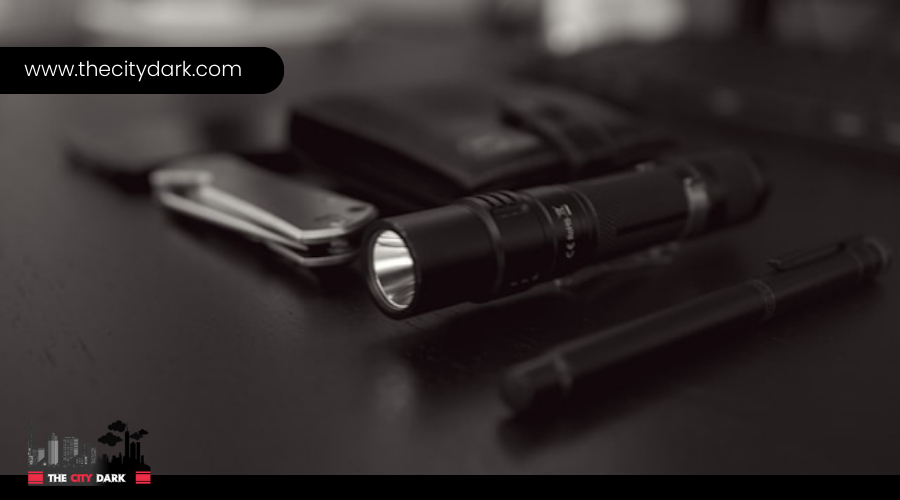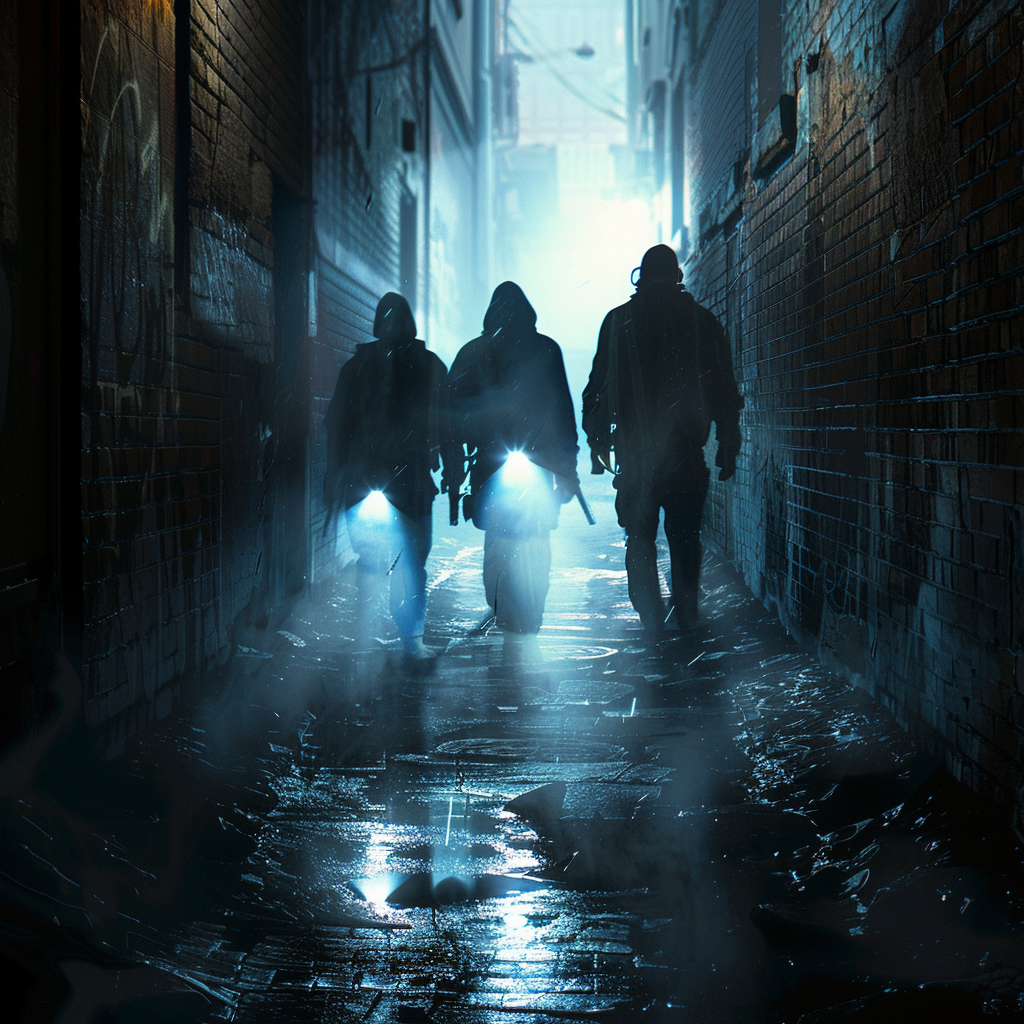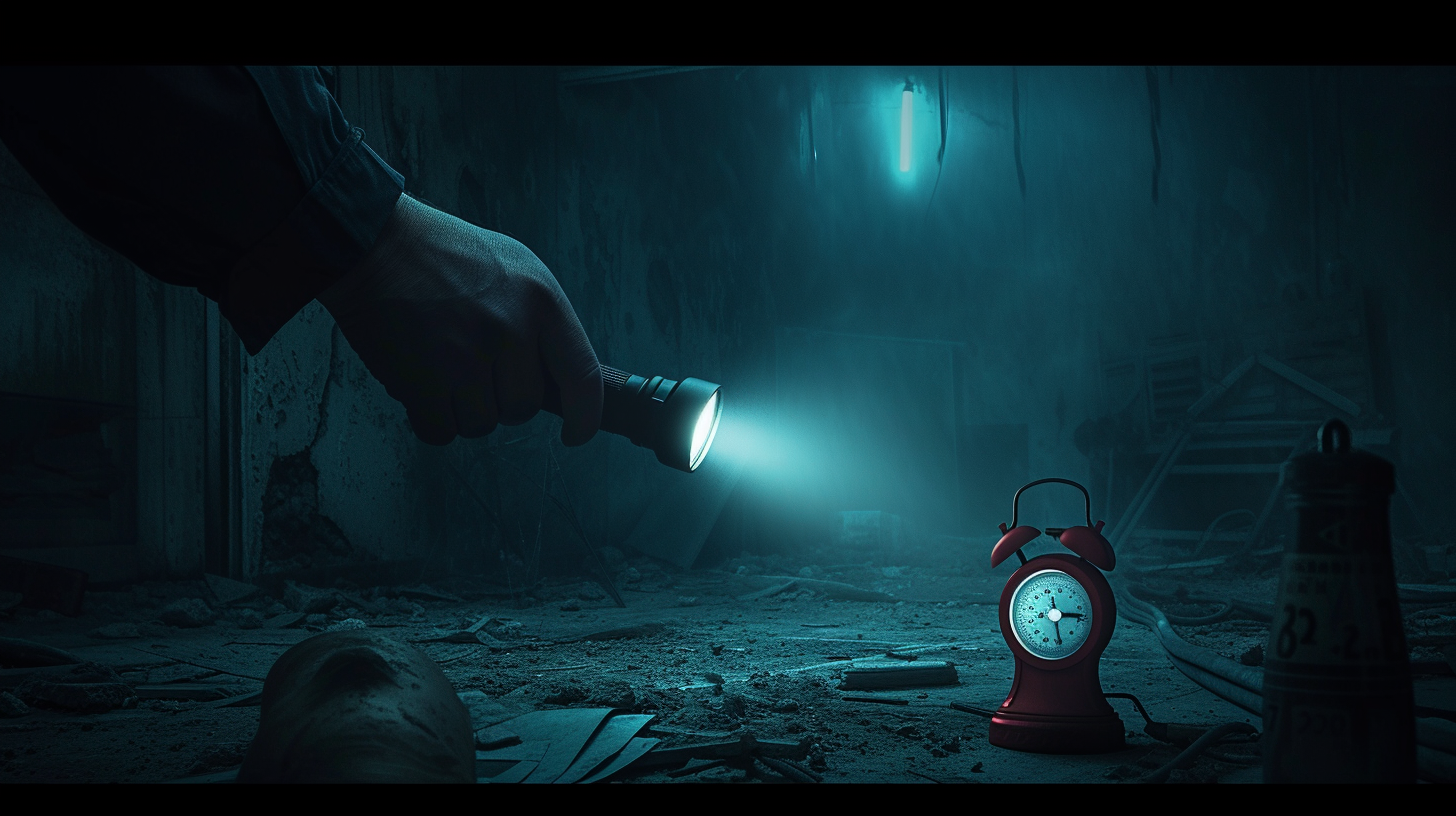Is Shining a Flashlight in Someone’s Eyes Considered Assault?
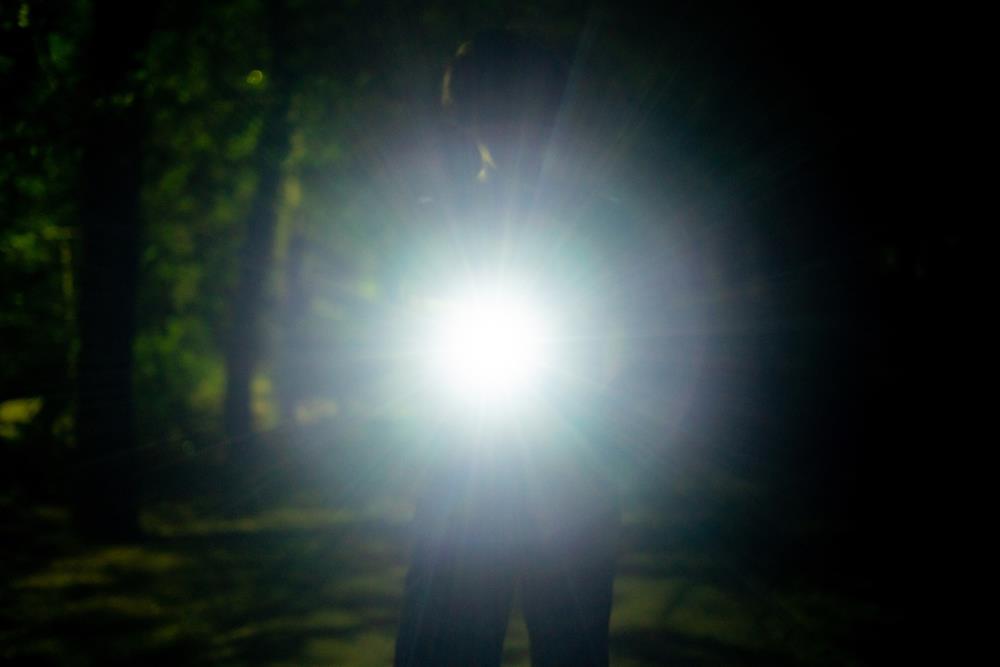
It might seem harmless at first—just a quick flash of light. But what happens when someone deliberately shines a flashlight into another person’s eyes? Could that act cross the line from annoying to illegal? In certain situations, the answer might surprise you.
This article explores when shining a flashlight in someone's eyes could be considered assault, how intent and context matter, and what the law says about using light as a form of potential harm or intimidation.
Legal Definitions and Considerations
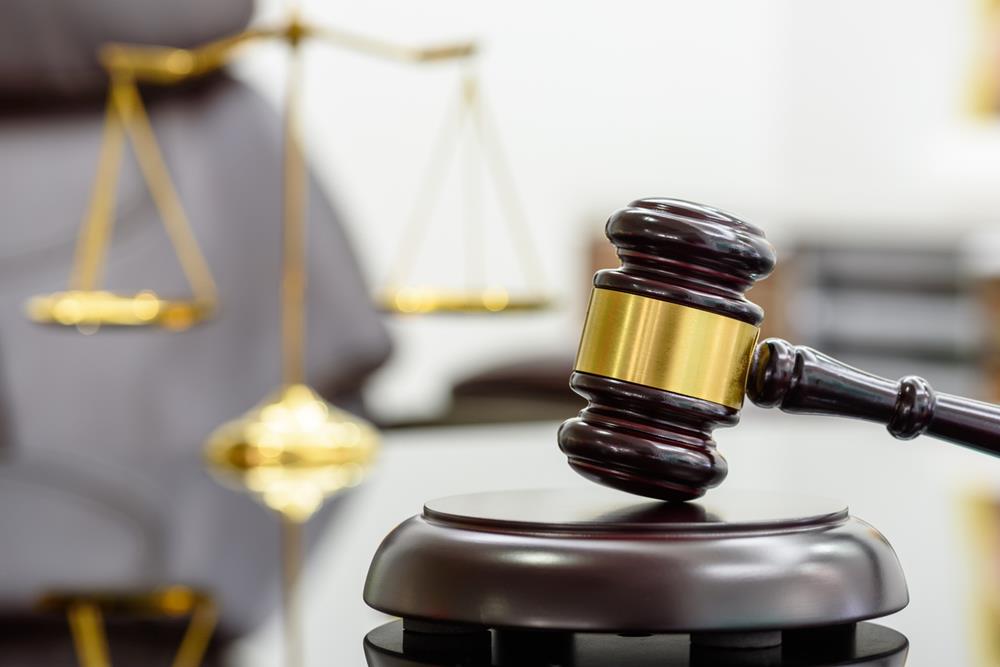
Can shining a flashlight in someone’s eyes be considered assault? In some cases, yes—especially if it causes discomfort or temporary vision loss and is done with intent to intimidate or harm.
While legal definitions vary by jurisdiction, assault is often defined as an act that causes someone to fear imminent harm, even if no physical contact occurs. Using a flashlight in an aggressive or threatening way—such as aiming it directly into someone’s eyes—could lead to civil or criminal charges, depending on local laws.
Intent plays a crucial role. Was the act accidental, or was it done deliberately to harass, disorient, or threaten? For instance, in some cities like Philadelphia, intentionally disorienting someone with a flashlight could be considered a form of intimidation and may fall under broader assault or harassment laws.
To fully understand the legal implications, it's best to check your local statutes and consult a legal professional if you’re unsure where your actions—or someone else’s—might cross the line.
Jurisdictional Differences in Assault Laws
While many assault laws share similar foundations, their definitions and requirements vary significantly across jurisdictions. In some areas, an intentional act that causes fear of imminent harm is enough to constitute assault—even without physical contact. In others, actual physical contact may be required for it to qualify as assault or battery.
Shining a flashlight into someone's eyes with the intent to cause discomfort or disorientation could be considered assault in one jurisdiction and dismissed as a minor nuisance in another. Local ordinances can further complicate the picture, as what's illegal in one city or state may be perfectly legal in another.
Ultimately, intent and perceived harm are central to most legal interpretations. A simple flashlight incident could escalate legally depending on how the action is perceived and how the other person responds. This highlights the need to understand local laws and how they define and interpret assault in various situations.
In urban settings, tactical flashlights are often used for self-defense, which adds complexity to how such actions may be perceived legally.
Intent and Recklessness in Flashlight Use
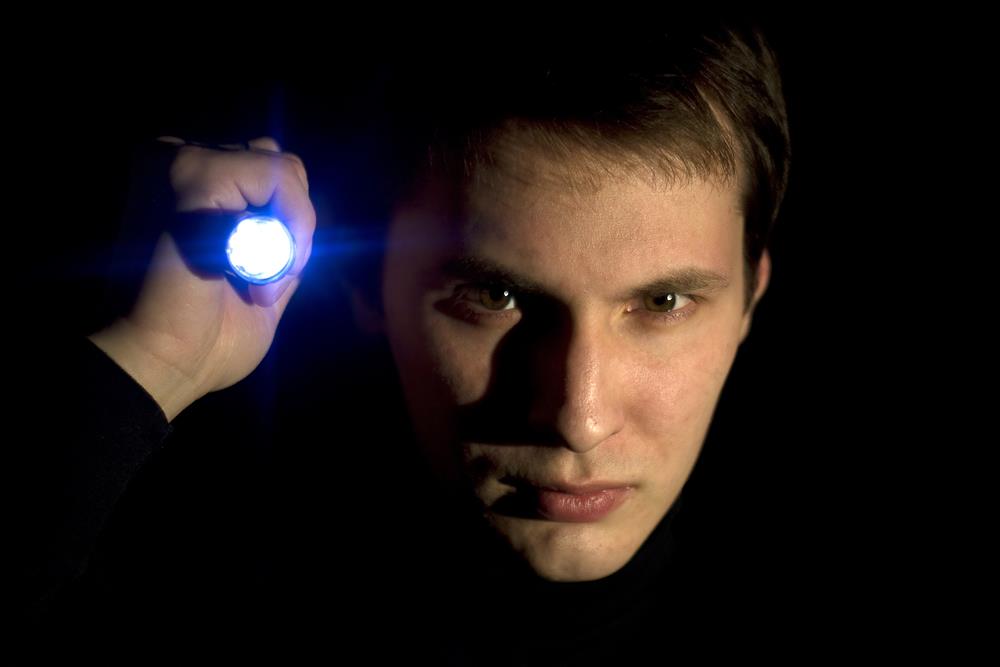
When it comes to shining a flashlight in someone’s eyes, your intent and level of recklessness are key factors in determining whether the act could be considered assault.
For example, aiming a high-powered flashlight (1,000 lumens or more) directly at someone’s face, especially at close range, can cause discomfort, temporary blindness, or disorientation. If done deliberately, it may meet the legal threshold for assault in certain jurisdictions.
Most legal definitions of assault include actions that cause a person to fear imminent harm or experience offensive contact. If your intent was to intimidate, harass, or injure, you're far more likely to face legal consequences.
On the other hand, if the action was taken in self-defense—such as using light to deter an approaching threat—it may be justified and not considered assault.
Reckless behavior, even without harmful intent, can still carry legal risk. If you knowingly ignore the potential consequences of blinding or disorienting someone, it could strengthen any claims made against you.
In the end, context matters—intent, setting, and reaction all play critical roles in how the law may interpret your actions.
Potential Consequences of Flashlight-Induced Disorientation
Shining a bright flashlight into someone’s eyes isn’t just annoying—it can have serious consequences. While it might seem like a harmless prank, it can cause temporary blindness, disorientation, and even accidents, especially if the person is driving or operating machinery.
This kind of disorientation isn’t just a physical issue—it can carry legal consequences as well. In some jurisdictions, it may be classified as reckless behavior, disorderly conduct, or even assault, depending on the intent and outcome.
The legal system considers both the impact of the action and the perceived threat it creates. What you think is minor could result in charges if it puts someone at risk or causes harm.
Always be aware of your local laws—how flashlight misuse is interpreted legally can vary widely depending on where you are. To prevent accidents and ensure personal safety, avoid shining flashlights directly into anyone's eyes, as it can lead to temporary blindness and other dangerous situations.
Expert Opinions on Flashlight Usage and Legal Ramifications
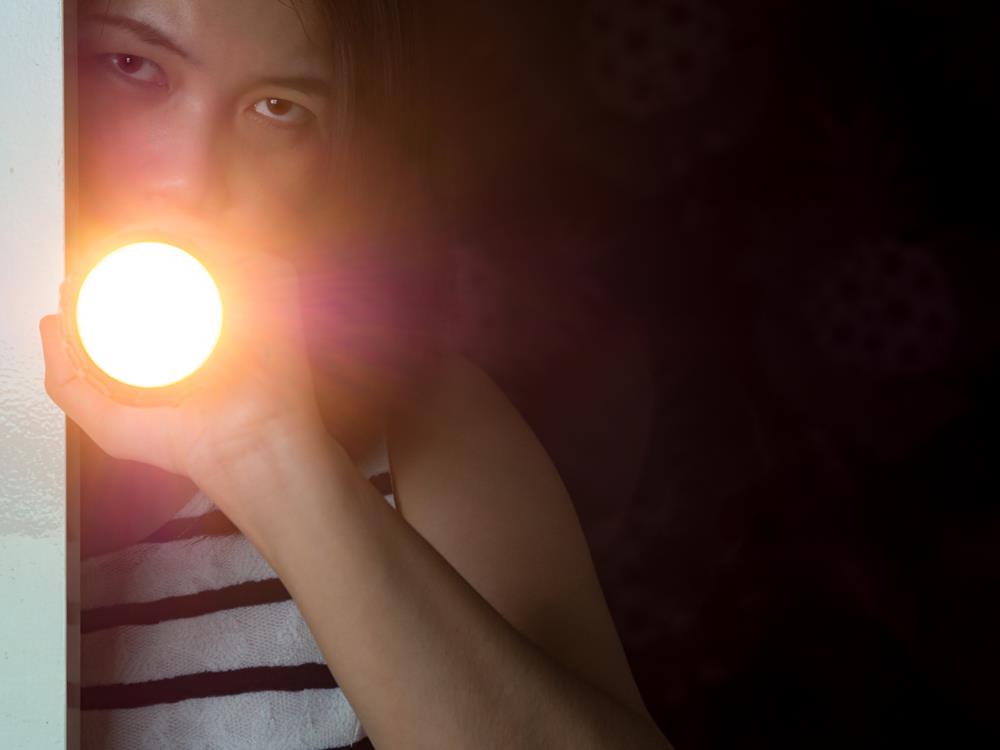
What do legal and self-defense experts say about using a flashlight to intimidate or cause harm? Many agree that shining a flashlight with intent to disorient or impair someone—especially a powerful beam of 1,000 lumens or more—can be interpreted as assault, depending on the circumstances.
Legal interpretations vary by jurisdiction, but they typically focus on intent, outcome, and context. Experts point out that a flashlight used aggressively—such as causing temporary blindness or panic—could lead to legal trouble, especially if the action appears threatening or reckless.
That said, flashlights are also recognized as useful non-lethal self-defense tools, particularly in low-light situations. Disorienting a potential threat with a burst of bright light can buy time to escape and may be legally justified in cases of self-defense.
Experts stress the importance of understanding local laws and seeking legal advice if you’re involved in an incident. What’s considered self-defense in one place might be seen as assault in another.
In the end, context is everything. Knowing how the law views flashlight use—and when it crosses the line—can help you make smart, lawful decisions in high-stress situations.
Real-Life Cases and Legal Outcomes
Though often overlooked, real-life cases demonstrate how shining a bright flashlight into someone's eyes can escalate into legal disputes.
Such actions can be considered assault, especially if they cause temporary vision impairment and there's evidence of intent to cause harm. Legal outcomes vary; local laws influence if this act is seen as a minor offense or a basis for criminal charges.
In some instances, victims seek restraining orders or file small claims for emotional distress and psychological damages.
The context of the incident matters greatly, as courts assess the intent behind using the flashlight and the reactions it provokes. Understanding these factors can help you navigate potential legal consequences if involved in such situations.
Self-Defense and Legal Justifications
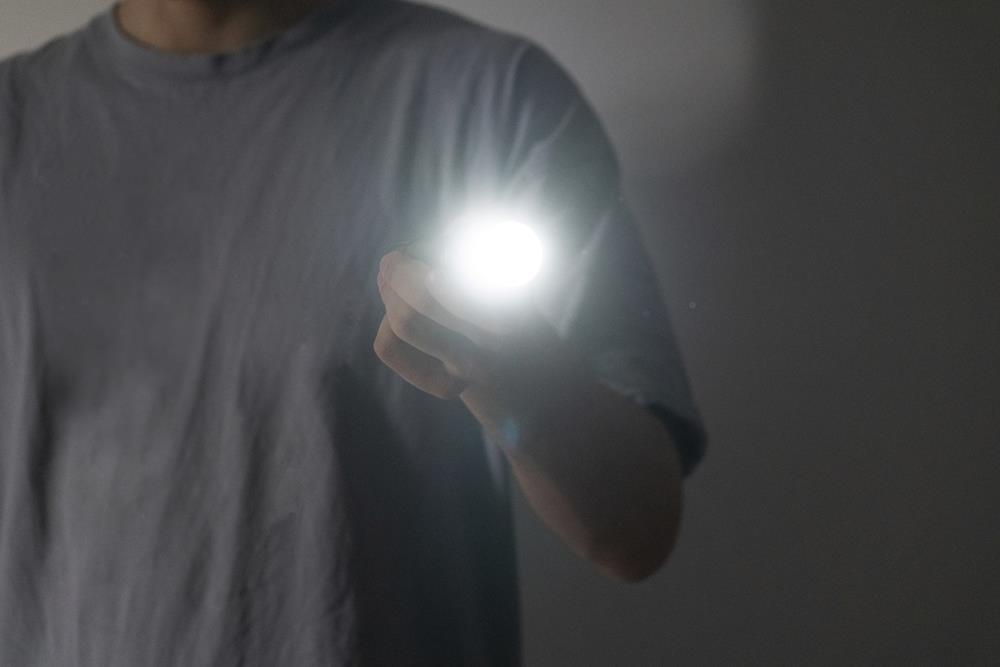
When you find yourself blinded by a bright flashlight, it can feel like a legitimate threat, potentially justifying a self-defense response. The disorientation and temporary vision impairment caused by this perceived threat might warrant a legal justification.
For self-defense to hold, your response must be reasonable and proportional to the aggression faced. If the person shining the flashlight acted with reckless intent, their self-defense claim weakens, making them potentially culpable.
In some cases, both parties might share culpability, complicating legal outcomes. To bolster your self-defense claim, document incidents thoroughly, ensuring a clear account of events. This documentation can prove crucial in establishing your response as justified within legal contexts.
Seeking Legal Advice and Resources
If you’ve been involved in an incident where a flashlight was used—whether as a defensive tool or alleged form of intimidation—seeking legal advice is essential. Because assault laws vary widely by jurisdiction, understanding the specific legal definitions and consequences in your area is crucial.
Even a seemingly minor action, like shining a flashlight in someone’s eyes, can lead to civil or criminal charges if it’s perceived as threatening or reckless. A licensed attorney can help you understand your rights, evaluate the circumstances of the incident, and guide you through the legal process.
Legal professionals can also assist with accurate documentation, advise on whether to obtain a police report, and explain how your actions might be interpreted under local statutes.
If you’re not sure where to start, platforms like Avvo or your state bar association’s referral service can connect you with attorneys who are familiar with the laws in your region.


